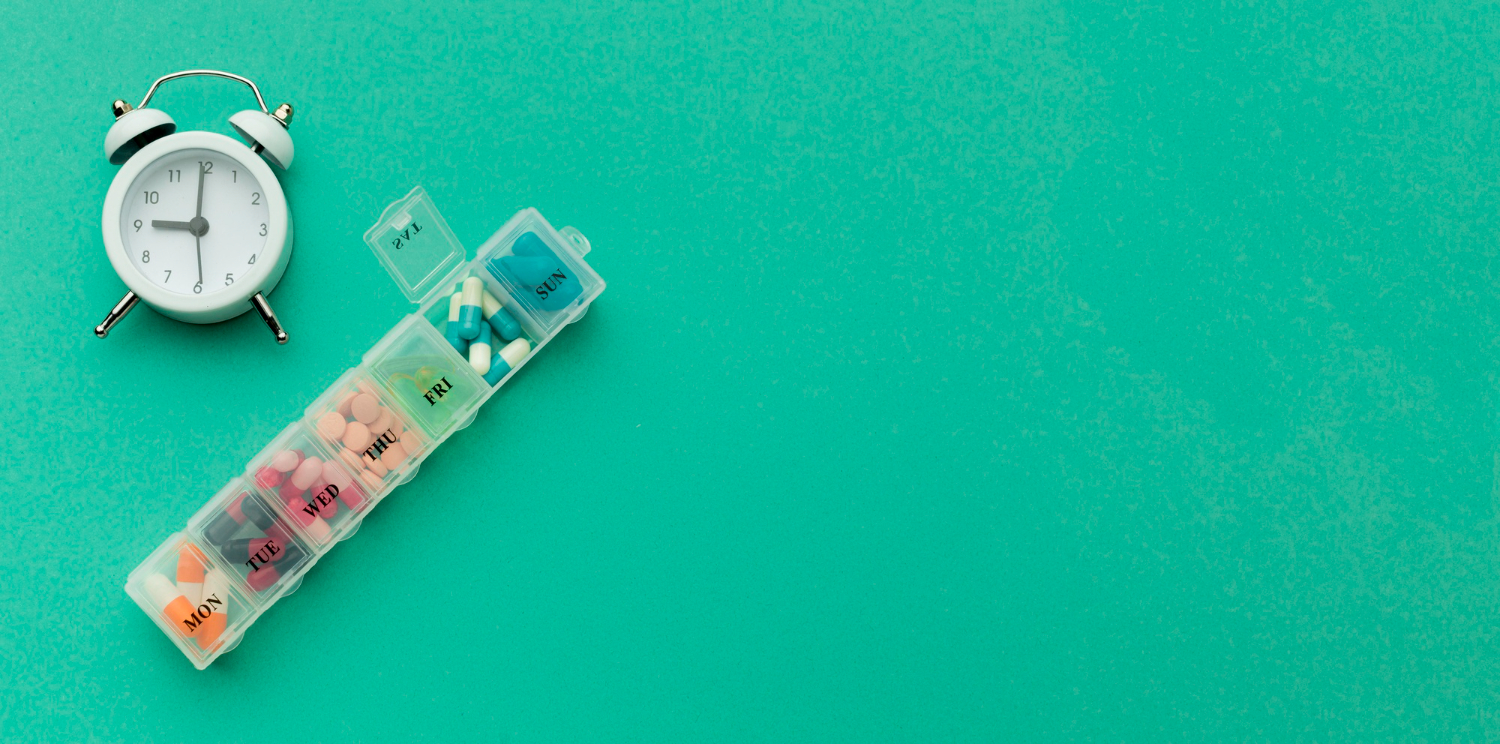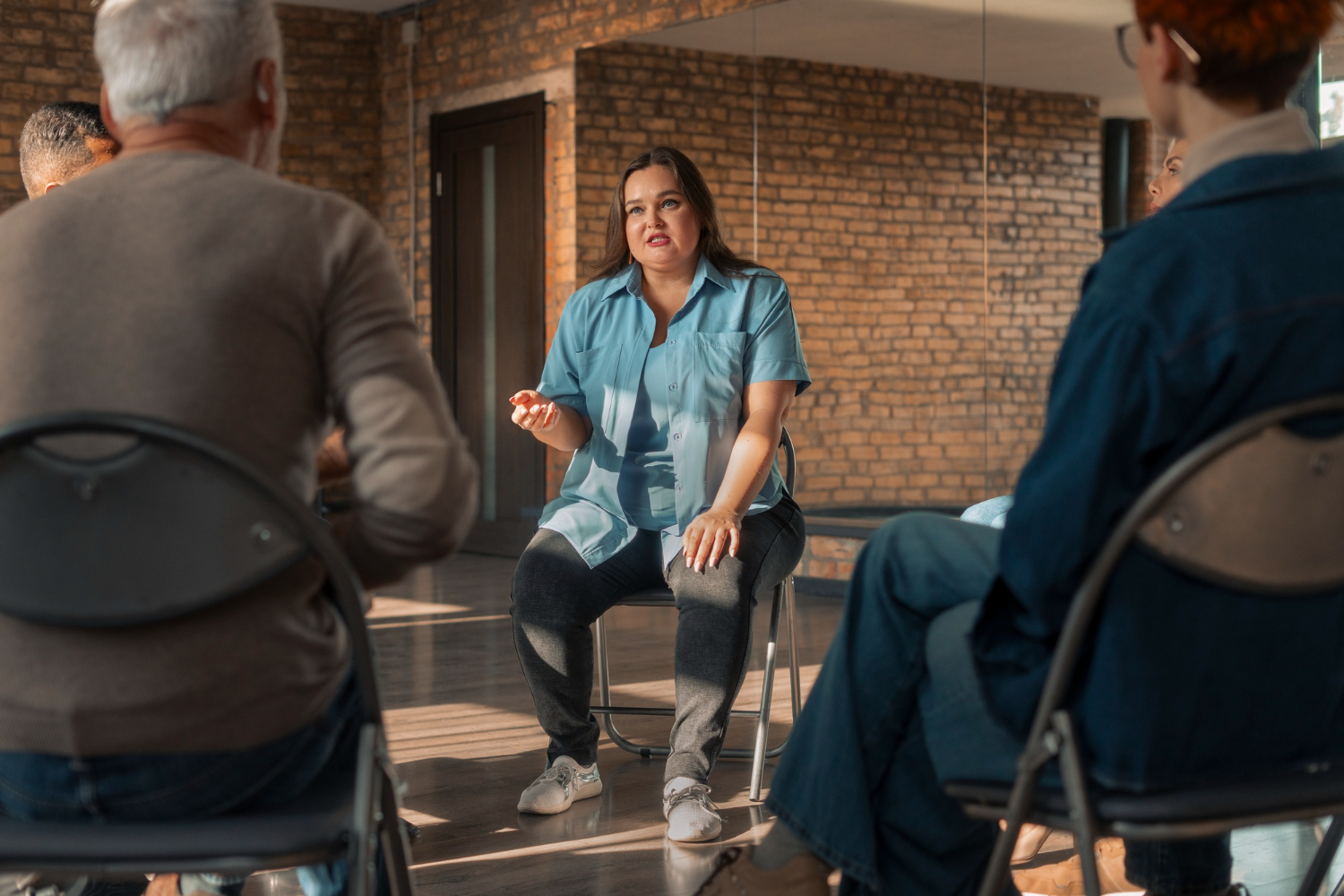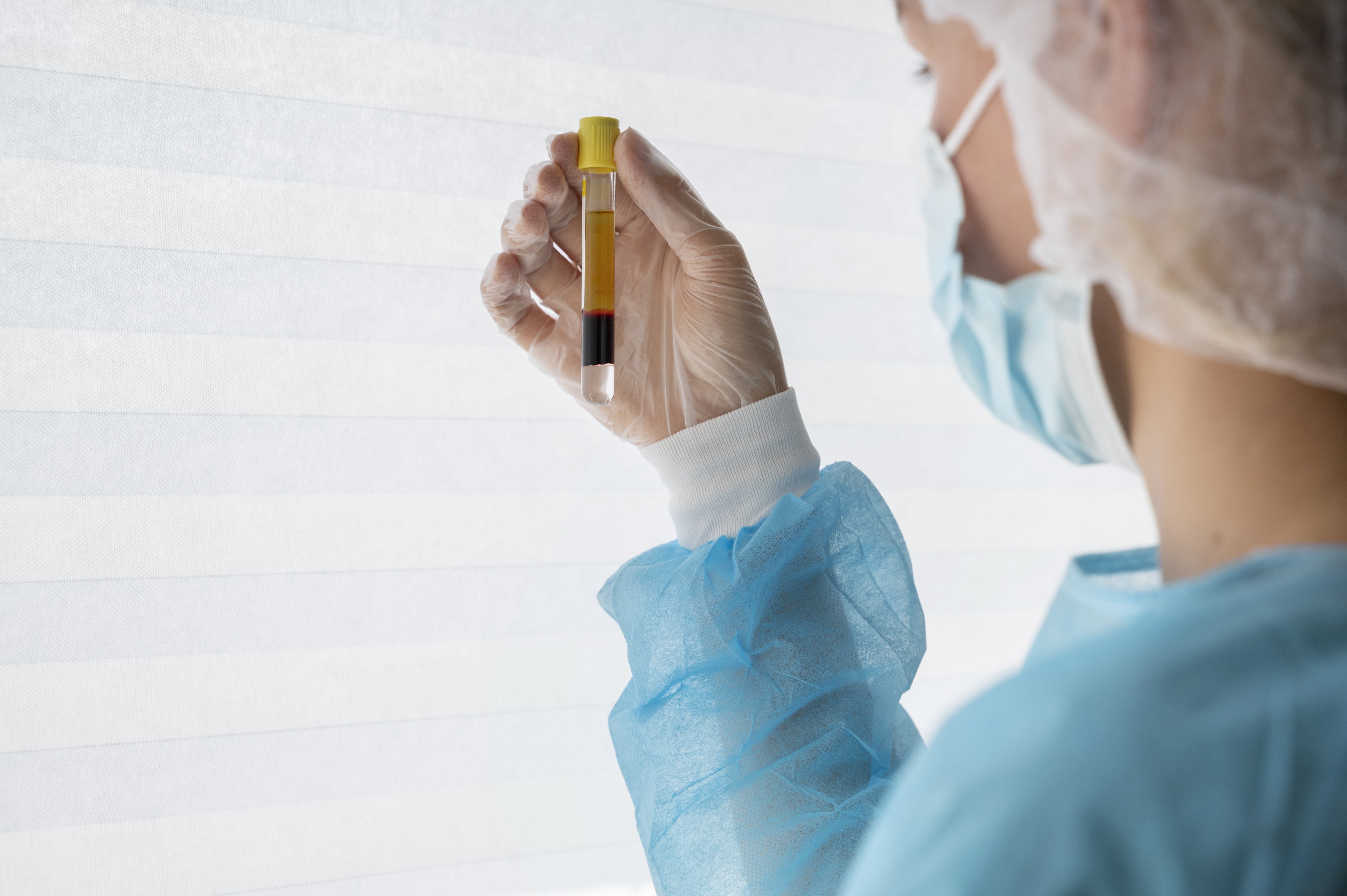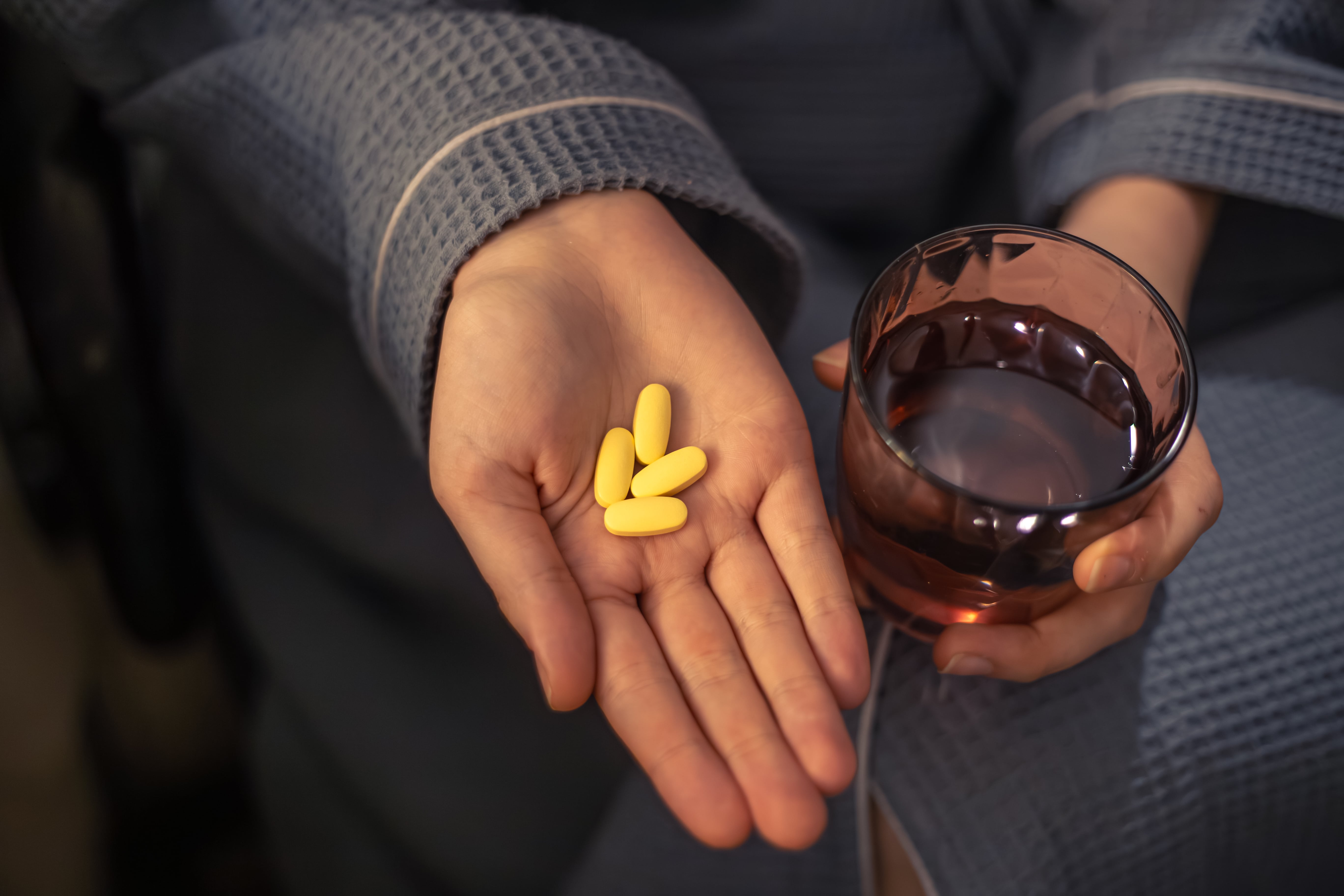Understanding what occurs in a drug rehab program can ease concerns and clarify expectations for those considering treatment. The recovery process at a top-rated rehab facility in Brooklyn is carefully designed to meet individual needs, combining medical expertise and therapeutic support. Each phase—from initial evaluation to aftercare planning—provides tools to rebuild lives, fostering resilience and long-term sobriety.
Initial Assessment and Evaluation
The first step in drug rehabilitation involves a comprehensive assessment and evaluation. This process helps create a personalized treatment plan tailored to each individual’s needs. Through interviews, questionnaires, and medical evaluations, healthcare professionals gather vital information about a person’s history of substance use, mental health status, and personal circumstances. This approach ensures that treatment addresses not only the addiction itself but also any underlying psychological or physical issues contributing to it. By participating in this assessment, individuals take the first step toward lasting recovery, laying the groundwork for a substance-free life.
Medically Supervised Detoxification
Detoxification is often the initial phase of drug rehab, where individuals safely manage withdrawal symptoms under medical supervision. During this process, the body eliminates harmful substances, and healthcare professionals provide round-the-clock support to ensure comfort and safety. Medications may be administered to alleviate severe withdrawal symptoms, while vital signs are closely monitored. Although detox can be a challenging step, it is a crucial milestone in preparing the mind and body for the therapeutic phases of recovery. With the guidance of a dedicated medical team, individuals are supported every step of the way, building confidence in their ability to achieve sobriety.
Individualized Therapy Sessions
One-on-one therapy sessions are a cornerstone of effective rehabilitation. These sessions create a confidential and supportive environment for individuals to address their challenges and explore their emotions. Key elements of these sessions include:
- Self-Exploration: Gaining a deeper understanding of behaviors and thought patterns.
- Emotional Processing: Working through past traumas and experiences.
- Goal Development: Identifying and setting realistic objectives for personal growth.
- Skill Building: Learning strategies to cope with triggers and maintain sobriety.
Through this personalized approach, therapy empowers individuals to address the root causes of their addiction and equips them with tools for sustainable recovery.
Group Counseling and Support Meetings
Group counseling offers a sense of community that is vital during the recovery process. In these sessions, participants share their experiences and learn from others who are navigating similar paths. The collaborative environment fosters mutual understanding, support, and the exchange of effective coping strategies. Group meetings also help reduce feelings of isolation, which can be a barrier to recovery. By participating actively, individuals contribute to and benefit from a network of empathy and encouragement. These connections often serve as a source of strength, both during and after rehab.
Life Skills Training and Aftercare Planning
Recovery extends beyond the walls of rehab, making life skills training and aftercare planning essential components of the process. These programs teach practical strategies for maintaining sobriety and managing the challenges of daily life. Focus areas include:
- Healthy Coping Mechanisms: Developing tools to manage stress and cravings.
- Support Systems: Building relationships with individuals who encourage positive change.
- Goal Setting: Establishing clear, attainable objectives for personal and professional growth.
- Self-Care Practices: Prioritizing physical and emotional health to reduce relapse risks.
Aftercare planning ensures individuals transition smoothly into life after rehab, with continued access to support systems and resources to maintain their progress.
Other related posts:

.jpg)





.png)


-min.jpg)


